Pressure and stress from working at high intensity and frequently in contact with patients cause many medical staff to have mental health problems such as anxiety and depression.
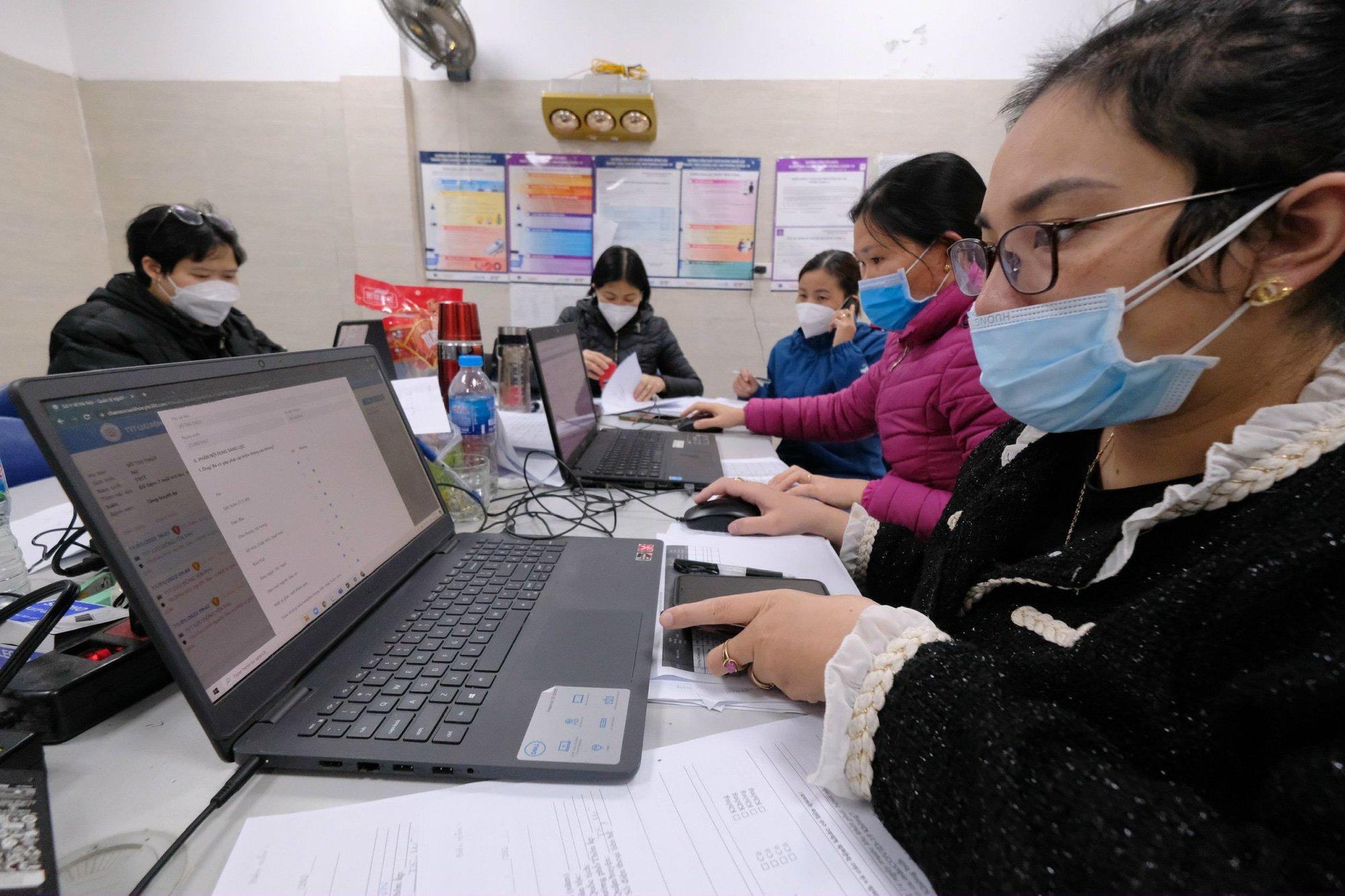
Medical staff at the health station are often overloaded with work - Illustration: NAM TRAN
However, in reality, psychological barriers prevent many health workers from sharing their problems or seeking help from experts.
High work intensity causes stress and exhaustion
According to the World Health Organization, high levels of work intensity can easily lead to stress and burnout, affecting the health workforce. This is the current state of health systems.
In Vietnam, this situation is no exception. Sharing with Tuoi Tre Online , Mr. T. - a nurse working at a hospital in Hanoi - shared that he is often stressed at work, and this situation even lasts for a long time, affecting his family life.
Mr. T. said the most stressful thing is when patients do not follow medical orders, or make rude comments about nurses not having the knowledge or expertise but only following doctor's orders.
"This makes me feel very tired every time I work. However, I don't easily share this feeling with anyone but often choose to accept it, considering it a part of work. Because of this negative feeling, I often get angry with my relatives, causing discord in my family life," Mr. T. confided.
Not only T., many medical staff also fall into a state of stress and anxiety due to work pressure.
A study by Dr. Tran Van Thien, Hanoi National University Hospital and colleagues on assessing the mental health status of medical staff at Hanoi National University Hospital in 2021 (published in 2023) showed that out of a total of 171 medical staff, 29.8% showed signs of stress, 56.7% showed signs of anxiety and 49.1% showed signs of depression.
According to the results of this study, among employees, mental health disorders were mainly mild and moderate.
Healthcare workers need mental health care
Dr. Tran Van Thien also said that the rate of medical staff showing signs of mental health disorders is quite high, so there should be timely support measures to increase work efficiency.
Sharing about solutions to improve the mental quality of medical staff, psychologist Tran Thanh Nam, University of Education, Vietnam National University, Hanoi, said that hospitals need to provide psychological counseling when medical staff have a need.
In addition, selective entertainment activities can be organized (art performances, exchanges with inspirational figures in the medical industry) to help medical colleagues have a useful, fun, and inspiring playground after stressful working hours.
In addition, build support groups to help with mental health, apply information technology solutions, connect with remote psychological expert support services, etc.
Nowadays, the community has paid more attention to mental health care for medical staff. In addition to clubs and consulting rooms at hospitals, many projects also aim to increase communication about mental health for this group.
The Ho Chi Minh City Department of Health, HCDC, and FHI 360's EpiC Project, with support from the United States Agency for International Development (USAID), have launched a mental health communication campaign for healthcare workers.
The campaign has a multi-faceted approach to increase awareness and advocacy about mental health, reduce prejudice and stigma, and encourage healthcare workers to access support services when needed.
Source: https://tuoitre.vn/ap-luc-cang-thang-nhan-vien-y-te-can-duoc-cham-soc-suc-khoe-tinh-than-20241027084811756.htm



![[Photo] Prime Minister Pham Minh Chinh meets with the Policy Advisory Council on Private Economic Development](https://vphoto.vietnam.vn/thumb/1200x675/vietnam/resource/IMAGE/2025/5/8/387da60b85cc489ab2aed8442fc3b14a)

![[Photo] National Assembly Chairman Tran Thanh Man chairs the meeting of the Subcommittee on Documents of the First National Assembly Party Congress](https://vphoto.vietnam.vn/thumb/1200x675/vietnam/resource/IMAGE/2025/5/8/72b19a73d94a4affab411fd8c87f4f8d)
![[Photo] General Secretary concludes visit to Azerbaijan, departs for visit to Russian Federation](https://vphoto.vietnam.vn/thumb/1200x675/vietnam/resource/IMAGE/2025/5/8/7a135ad280314b66917ad278ce0e26fa)
![[Photo] President Luong Cuong presents the decision to appoint Deputy Head of the Office of the President](https://vphoto.vietnam.vn/thumb/1200x675/vietnam/resource/IMAGE/2025/5/8/501f8ee192f3476ab9f7579c57b423ad)











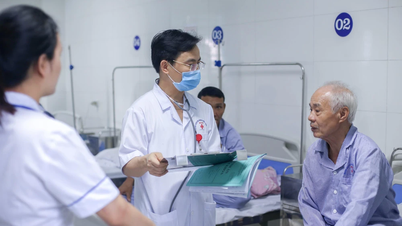
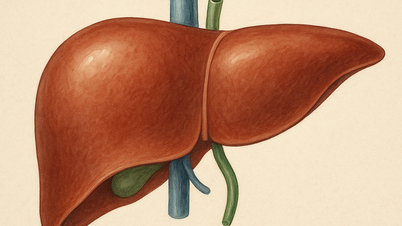
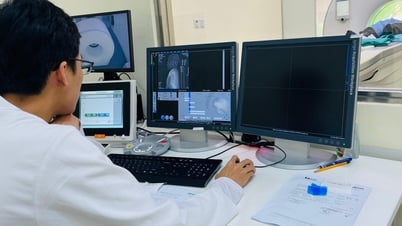
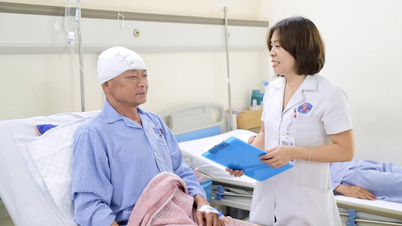
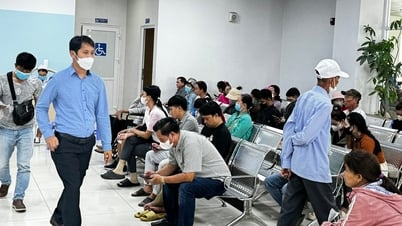









































![[Photo] Prime Minister Pham Minh Chinh talks on the phone with Singaporean Prime Minister Lawrence Wong](https://vphoto.vietnam.vn/thumb/402x226/vietnam/resource/IMAGE/2025/5/8/e2eab082d9bc4fc4a360b28fa0ab94de)















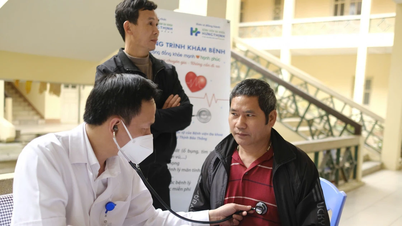


















Comment (0)